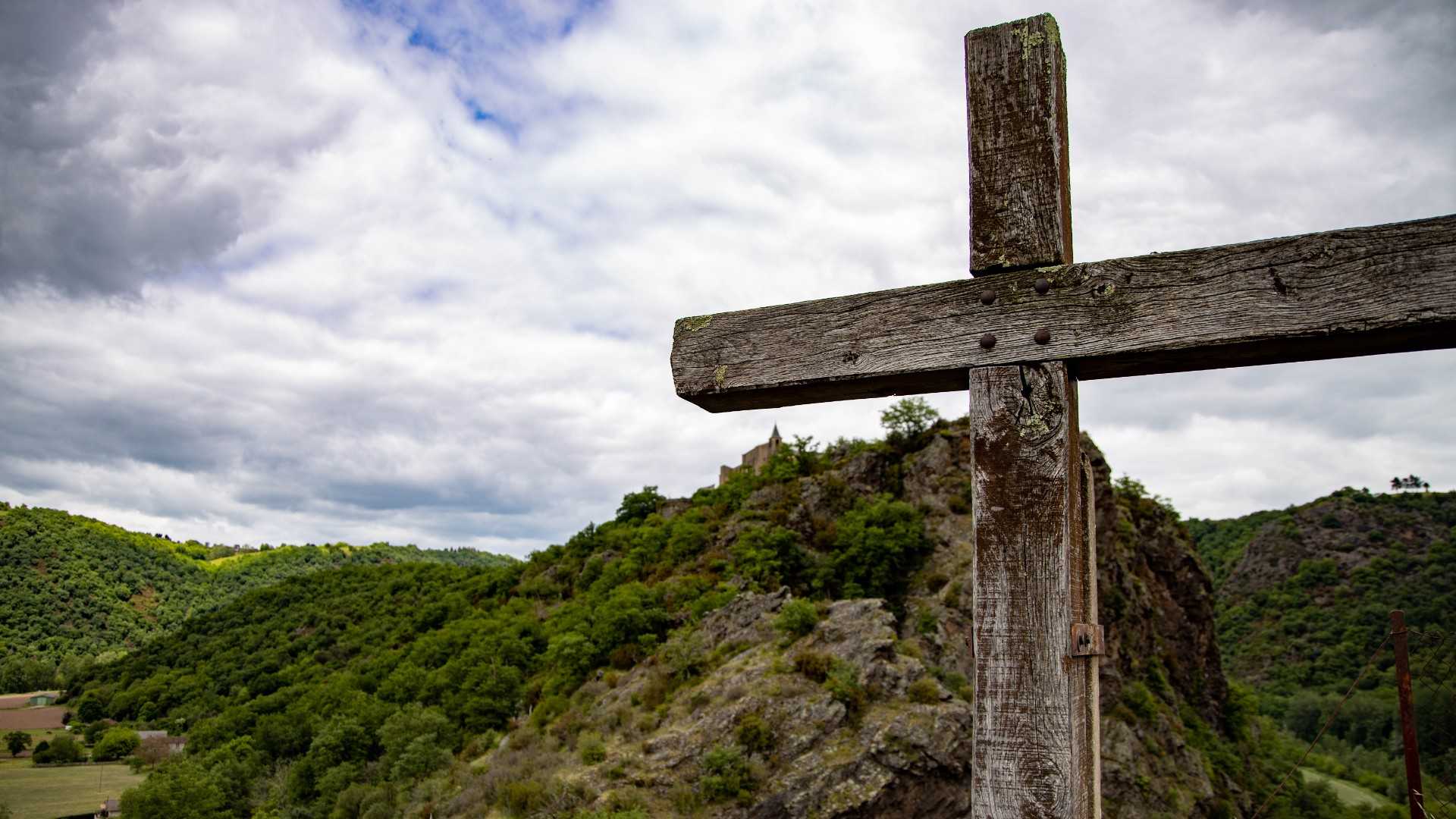Author and apologist Nabeel Qureshi asked for our prayers when he announced this week that he has advanced stomach cancer. This is difficult news. Soon after I heard, I came across “Waiting to Die,” a deeply honest post written by Michael Patton of Credo House when it seemed his own death was imminent, reminding us that sometimes we suffer like Lazarus (the one in Jesus’ parable), not Job, without restoration or any humanly discernible good resulting. As he says, “God sometimes does kill us.”
So many times we see our suffering through the lens of Job and not Lazarus. Job lost everything but eventually got it all back, and more. We think to ourselves that what God has taken he will restore or use it mightily for his kingdom. We have seen it a thousand times. God turns so much water into wine. He takes our lives of anguish and uses it to lift others up (2 Cor. 1:4). I don’t know how many times that I have turned to the suffering of Job to be encouraged. David’s time in the mire of doubt, lifts me out of the mire. John the Baptist asking if Jesus was really the Christ lets me know I am not alone. I have always gravitated toward other Christians who spoke about their dark side with openness. It brings purpose to their pain. That is the Job story. It is very real. God does often bring us through trials so that we can, once restored, display the fortitude and resilience of our faith to others.
However, there is also pitiful Lazarus. He was thrown at the gate of the rich man (probably because his friends did not know what else to do with him), begging for food, and watching as the dogs lick his sores. In the eyes of the Jewish people of the day, he was one who God had abandoned. He was never healed. He was not restored. We find nothing in the story about him using his pain to help others. He wrote no books about how to deal with suffering. He did not blog daily about how he was keeping the faith. He just died. He was waiting to die and then died. Alone, with the dogs licking his sores, he assumed room temperature. And most shocking of all, his name (a rhetorical device in the parable) means “God helps.” The rich man (at whose gate he was thrown) had everything: money, honor, and respect. And he was even a splendidly happy guy. He was the one everyone thought God was helping, but he remains unnamed (another rhetorical device). “God helps” died at the gate without ever preaching one sermon….
[S]ometimes we do suffer, endure, go through trials and then we simply die. This does not mean our suffering was gratuitous in any way. God holds closely his secret council in which he allows for pain and kills for his sake his children. We don’t have to know the reason why. We just keep the faith.
We keep the faith because of the cross. On the cross, God showed His great love for us—the Father by giving His son, the Son by sacrificing His life and suffering the Father’s wrath, the Spirit by graciously applying this work to us, turning God’s undeserving, rebellious enemies into His children. God showed His wisdom and sovereignty by bringing history to that intended point. He showed His power by raising Jesus from the dead.
He had a purpose for the evil Jesus suffered at the hands of men. He has a purpose for all that you suffer, even if, like Lazarus, you suffer and then die without restoration in this life, without understanding why.
We keep the faith through suffering because of all that God revealed of Himself on the cross. Look to the cross.

